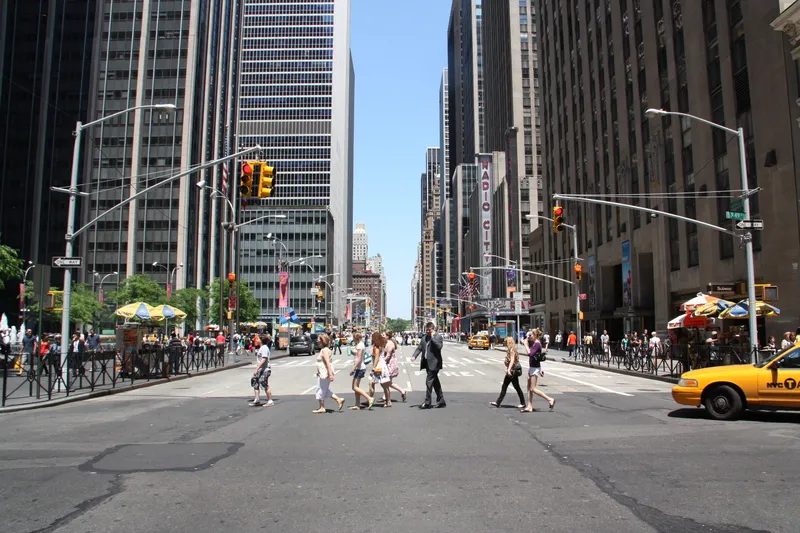
Background
In July, 2007, the government ofThe overall aim of the Action Plan was to establish measures to reduce and eliminate polluting emissions in order to improve the health and life expectancy of citizens and increase the quality of life for those living in the metropolitan area. These measures are applied in different sectors, such as the harbour, the airport and the city itself.
The Action Plan was wide-ranging. It comprised some 73 measures that would be implemented. The total programme had a budget of €279 million (US$380.5 million) for new actions and €1.14 ($1.55) billion for providing support to actions initiated through other plans.
Speed limits
One of the 73 measures implemented was the introduction of speed limits on the access roads to Barcelona. The Catalan traffic service (Servei Català de Trànsit) regulates the maximum speed on different access roads. In a first step, in 2008, a maximum speed of 80km/h was introduced on the motorways and main roads in the metropolitan area; this was called the 'Zone 80km/h' initiative. The measure affects 16 municipalities, all of them located in direct neighbourhood to the city of Barcelona. In a second step, the speed limit will be regulated on individual road segments depending on parameters like contamination, congestion and safety.What is surprising, and counter-intuitive, is that the imposition of the 80km/h speed limit has not led to a significant increase of the average trip time. It has been proven that, for example on a trip from the city of Molins de Rei to Barcelona, a distance of just under 20km and where the speed limit had been 100km/h before the introduction of the speed limit, trip time has only increased by one minute. In the worst of the cases, the speed reduction to 80km/h leads to an increase of three minutes over the total trip time.
Project:
'Zone 80km/h' - Speed management on access roads to Barcelona, Spain
Benefits (2008-2010):
• Emission reduction by 11% (excluding traffic reduction due to crisis factors),representing the equivalent of 22,100 fewer car trips
• Reduction of fuel consumption by more than 24,000t/year
• 16% reduction of number of accidents in the area
• 42% reduction of people severely injured in accidents
• 50% reduction of number of persons killed in accidentIntermediate resultsThe intermediate report of the Government Plan on air quality improvement (Plan de mejora de la calidad del Aire), presented in autumn 2010, draws the conclusion that Zone 80km/h has contributed to improving air quality, especially in the area close to the access road. To quantify that, limiting speed on the access roads to Barcelona has helped to reduce the emissions by 11 per cent, a percentage which excludes the reduction in mobility due to traffic accidents and other highway incidents. In the case of traffic accidents recorded on the access roads covered by the scheme since its introduction, according to the Catalan Transit Service (Servei Català de Trànsit), in the 80km/h area, the number of fatalities has dropped by 50 per cent, from 12 to six people. The number of severely injured has dropped by 42 per cent, from 55 to 32, and the number of accidents by 16 per cent.








